T4K3.news
Malaria case prompts local health review
A local Washington resident has malaria and may represent the state's first locally acquired case, prompting public health investigations and mosquito testing.
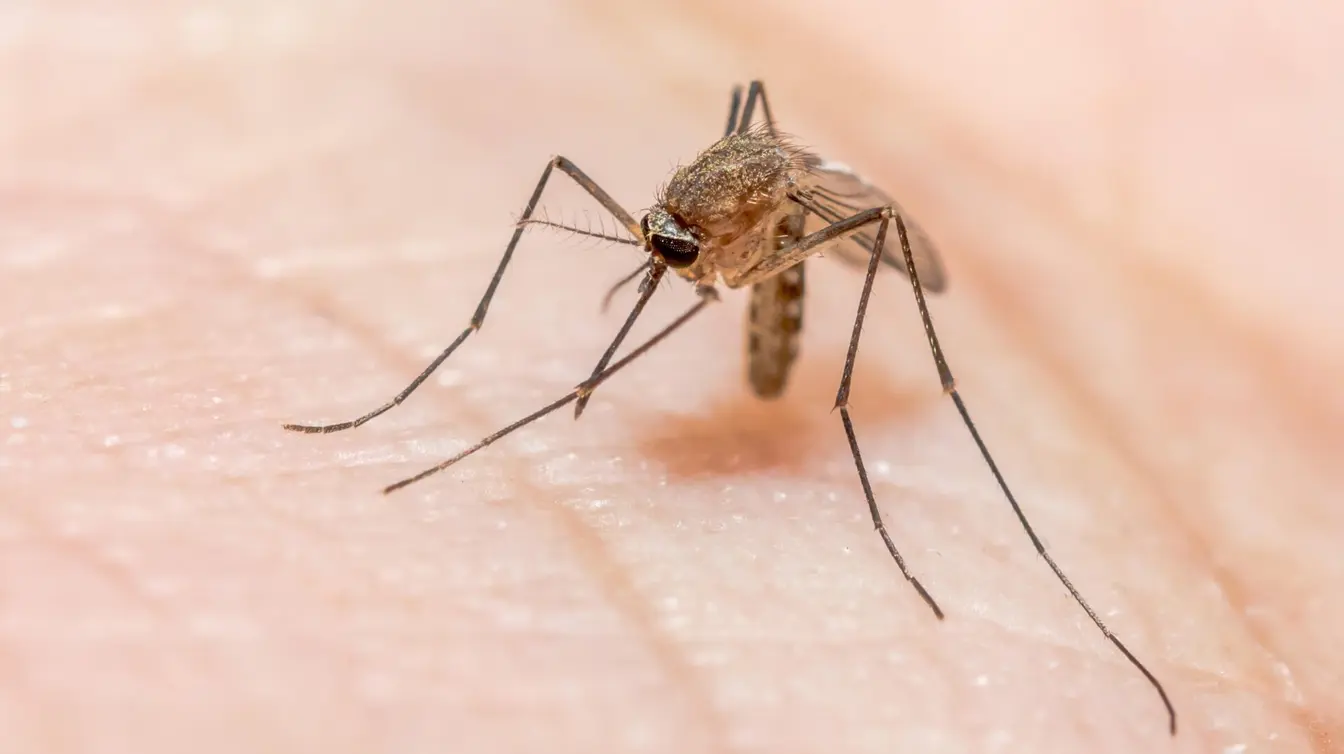
A local Washington resident has malaria and may mark the state's first locally acquired case, prompting public health investigations.
Washington records possible first locally acquired malaria case
Washington state health officials say a local woman diagnosed with malaria on August 2 may have acquired the infection locally. The patient is receiving treatment and is being closely watched as investigators work with state and federal partners to determine where the disease came from and whether local transmission occurred. Officials emphasize that malaria in the United States is usually linked to travel and that the immediate risk to the public remains low.
Malaria is transmitted by the Anopheles mosquito. While cases in the United States are most often travel related, the potential for local transmission exists whenever an infected mosquito bites a person who has not traveled. Washington typically reports a small number of malaria cases each year, and federal and local agencies are testing mosquitoes and reviewing travel histories to trace any transmission chain. The case comes as climate trends and vector ecology receive renewed attention in public health, and officials caution that more data are needed before drawing conclusions.
Key Takeaways
"The risk of getting infected with malaria in Pierce County remains very low."
James Miller, health officer, on local risk
"Malaria is a rare disease overall in the United States—and the vast majority of cases in the United States occur following exposures in countries with ongoing transmission."
Official background on malaria in the U.S.
"The woman is currently receiving treatment and is being closely monitored."
Patient status
"Officials are working with the U.S. Department of Health to trap and test mosquitoes."
Investigation steps
This incident tests how well health systems can detect and respond to a disease once thought unlikely at home. It highlights the tension between reassuring the public and maintaining vigilance, and it underscores how funding for vector control and surveillance matters even when cases are rare.
Beyond the health facts, the episode intersects with politics and budgets. With some foreign malaria programs facing funding cuts in recent years, the ability to prevent a local outbreak depends as much on dollars as on science. The case also tests public confidence in local authorities to explain risk without causing fear.
Highlights
- Local vigilance now defines malaria risk in the Northwest
- A rare disease can become a local concern with the right climate
- Testing mosquitoes is the next crucial step
- Public health updates must stay clear and steady
Local malaria case tests funding and political risk
The emergence of a locally acquired malaria case in a U.S. state raises questions about surveillance, vector control, and funding for prevention programs. The political and budget context matters because aid cuts can affect the ability to respond to potential transmission.
Vigilance, not alarm, should guide officials in the weeks ahead.
Enjoyed this? Let your friends know!
Related News
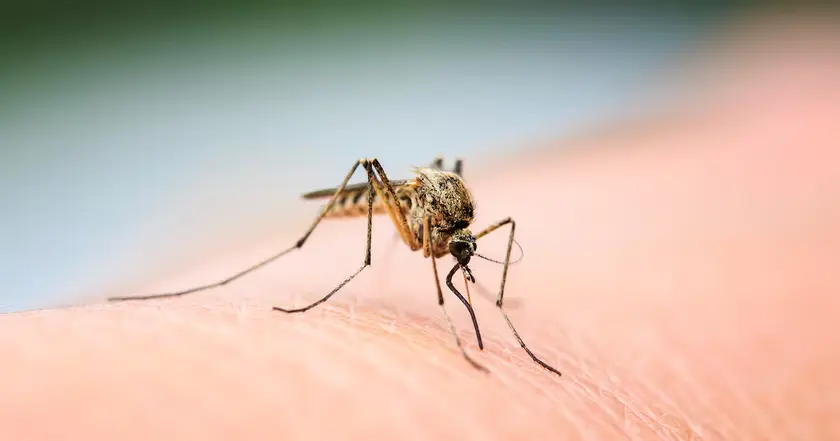
First possible local malaria case reported in Pierce County

Fort Stewart Shooting Suspect Identified
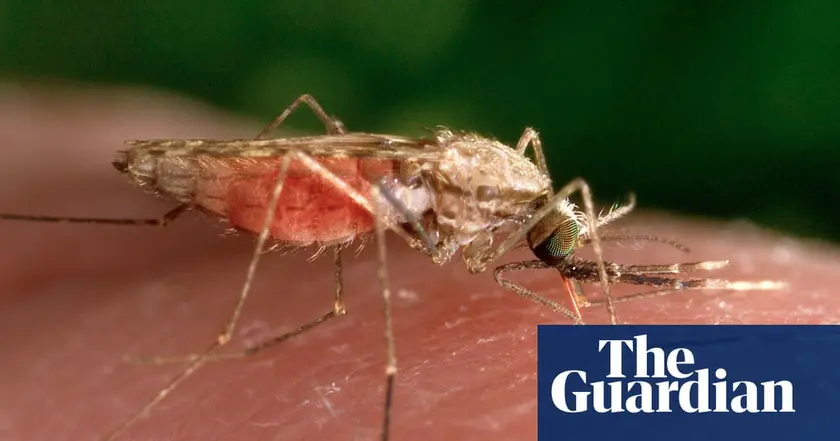
Malaria cases surge in Zimbabwe following US funding cuts
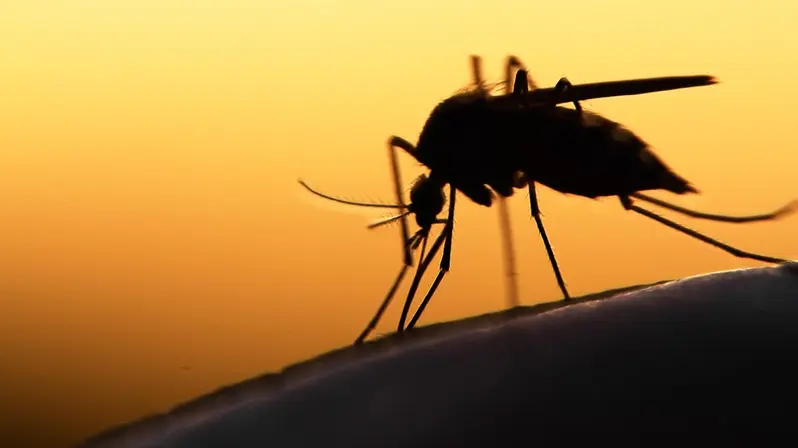
Washington investigates possible local malaria case
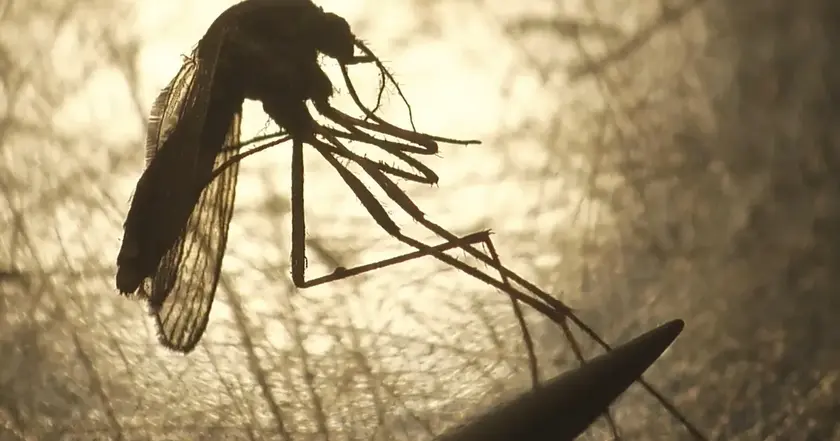
Malaria possibly contracted in Washington state
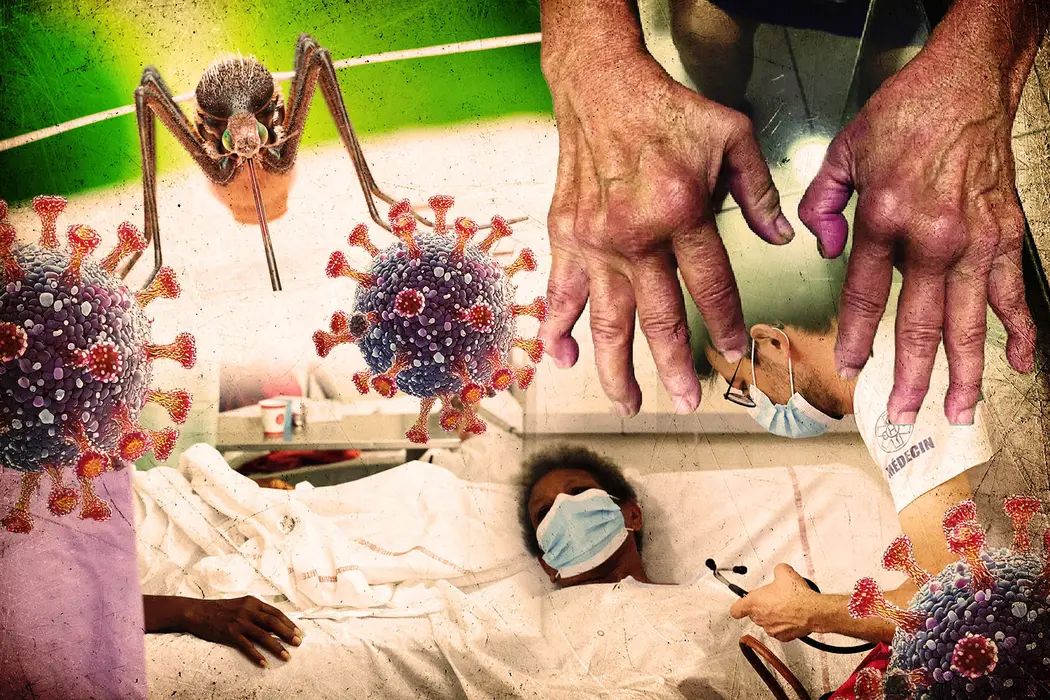
WHO warns of chikungunya virus outbreak
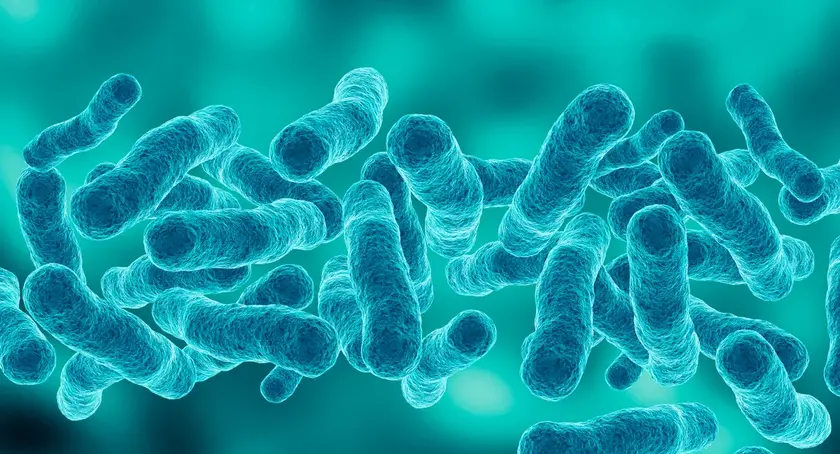
Legionnaires’ disease outbreak in Harlem
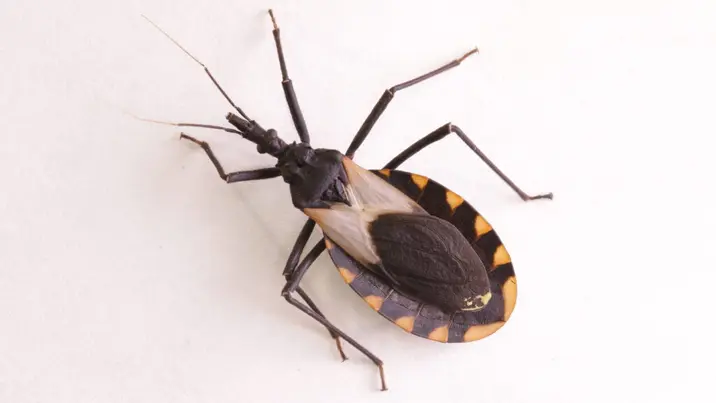
Chagas disease detected in Midwest wildlife
